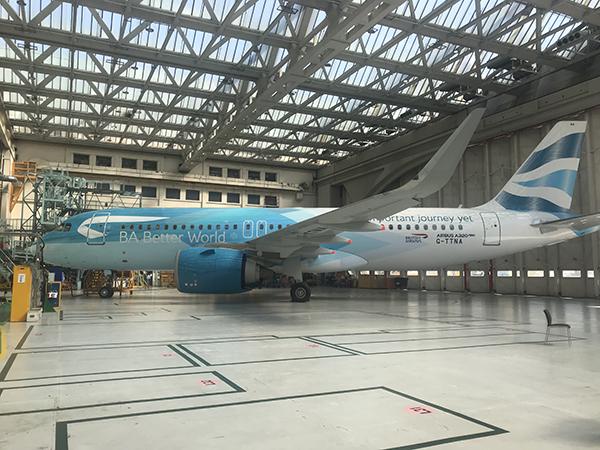
British Airways (BA) passengers can now volunteer to pay extra for sustainable aviation fuel (SAF), but how many will be willing to pay more for their flights?
For a family of four flying from the UK to Greece, a popular tourist destination, it costs about £8 ($11) to offset their emissions. If that same family chooses to offset 90% of their emissions and also contribute to 10% to the cost of SAF, which is more expensive than conventional jet fuel, the additional green fee is multiplied by a factor of five, to £48.
Ten percent seems to be a small portion for BA to ask, but in a highly cost-sensitive industry—and in a market when ULCCs dominate precisely because of their baseline fares—even £2 can make sway a potential purchaser’s decision. An extra £48 seems like a highly optimistic stretch.
There is a long way to go before SAFs hit critical mass and become an affordable alternative. It’s therefore not surprising that BA is seeking some voluntary contribution from its passengers, especially when there is growing alarm about climate change and increased pressure on companies and individuals to be more visibly more sustainable about their travel and how they do business and spend their leisure time.
Europe’s ULCCs like easyJet and Ryanair did not achieve their mass success based on comfort, service niceties, extra legroom or even their “greenness.” They provide minimal service at rock-bottom fares in modern aircraft that will deliver people safely to huge numbers of places they want to go. That’s a clearly proven business model for attracting massive numbers of passengers.
BA has clearly done its research before launching the voluntary SAF contribution program. It has surveyed its corporate clients and is messaging its newest green initiative through media and advertising as part of its “BA Better World” campaign. The underlying message is—you, the traveler, can be an active part of that better world you say you want.
But it’s telling that BA is not disclosing how many individual or corporate customers currently elect to offset the carbon of their flights or provide any indication of response to the SAF proposal. Anecdotal data on voluntary offsets suggests that individual passenger uptake will be low. Corporate clients may be more supportive, especially if it can help them justify their business travel policies to investors.
Ultimately, sustainability is a corporate, social—some would say moral—responsibility, not a charitable cause. There will be those who will choose not to fly because of their concerns about aircraft emissions. But many of those who support greater sustainability measures yet remains ok with flying will not pay the extra cost of using SAF, arguing that is an airline or government responsibility.
EasyJet started offsetting jet fuel emissions for its whole network in November 2019, at no direct cost to the passenger. BA and Air France then started offsetting carbon emissions for their domestic flights in January 2020, with no separate fee, but they stopped short of whole-network action.
SAFs go beyond offsets, removing or significantly reducing aviation emissions rather than making up for those emissions in an entirely different sector, such as forest replanting. BA’s head of sustainability believes that being able to participate in in-sector emissions reductions will motivate passengers to pay.
It’s a big leap between the action people say they want to see on climate change and what they will actually pay for it to happen. BA, at least, is brave enough to try and find out the length of that leap.

Comments